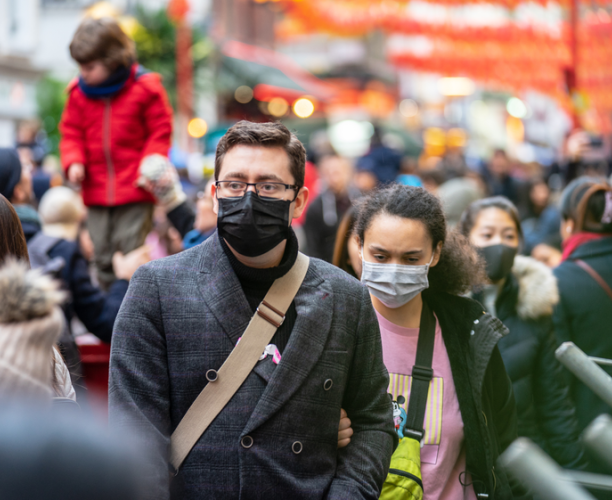

Unemployment top worry of urban Indians in November - Ipsos What Worries the World global survey
Unemployment remained top worry of urban Indians in November. Alarmingly, has been perched at the top for the past 16 months continuously! Global citizens were concerned about inflation, 8 months in a row. Interestingly, India continued to be placed lowest on Inflation across the 29 markets polled.
Almost 4 in 10 urban Indians (39%) cited Unemployment as their top worry and the survey has shown that unemployment has held onto its pole position for quite sometime in the mindsets of urban Indians.
The Ipsos’ What Worries the World survey tracks public opinion on the most important social and political issues across 29 countries today, and also captures the direction in which countries are headed – right or wrong, as perceived by their citizens.
The top worries of urban Indians were unemployment (39%), financial and political corruption (29%), crime and violence (27%), inflation (23%), climate change (23%) etc. While global citizens were most concerned about inflation (42%), poverty and social inequality (31%), crime and violence (27%), unemployment (27%), financial and political corruption (25%), among others.
Elucidating on the findings of the November wave of the survey, Amit Adarkar, CEO, Ipsos India, said, “Urban Indians have been deeply concerned about some of the nagging macro issues, month after month, that have been impacting their lives. Lack of jobs has been compounded by the problem of companies downsizing due to the macro-economic impact. Some of the other glaring issues of corruption, crime, climate change and inflation have emerged as top concerns and will need to be prioritized in tackling, as they have continued to be dominant for many months without much reprieve. Inflation in India is still manageable, but cost of living has continuously been going up, making essential commodities dearer.”
Direction of travel – countries moving in right and wrong direction
At least 91% of the citizens of Saudi Arabia believe their country is headed in the right direction. Followed by Indonesia (78%), which regained its 2nd spot, by nudging India to the 3rd spot in optimism. Global citizens were downbeat with 64% of those polled believing their country is on wrong track.
Interestingly, while Saudi Arabia had majority of citizens rooting for how the country was doing, at least 42 per cent of those polled were in the grips of inflation.
How we did it
The sample consists of approximately 1000+ individuals in each of Australia, Belgium, Brazil, Canada, France, Germany, Great Britain, Italy, Israel, Japan, Mexico, Spain, Sweden, and the US, and approximately 500+ individuals in each of Argentina, Chile, Colombia, Hungary, India, Indonesia, Malaysia, the Netherlands, Peru, Poland, Saudi Arabia, South Africa, South Korea, Thailand and Turkey. The samples in Argentina, Australia, Belgium, Canada, France, Germany, Great Britain, Hungary, Italy, Japan, the Netherlands, Poland, South Korea, Spain, Sweden, and the US can be taken as representative of these countries’ general adult population under the age of 75.
The samples in Brazil, Chile, Colombia, India, Indonesia, Malaysia, Mexico, Peru, Saudi Arabia, South Africa, Thailand and Turkey are more urban, more educated, and/or more affluent than the general population. The survey results for these markets should be viewed as reflecting the views of the more “connected” segment of these populations. Weighting has been employed to balance demographics and ensure that the sample’s composition reflects that of the adult population according to the most recent census data. The precision of Ipsos online polls are calculated using a credibility interval with a poll of 1,000 accurate to +/- 3.5 percentage points and of 500 accurate to +/- 5.0 percentage points. For more information on the Ipsos use of credibility intervals, please visit the Ipsos website. Where results do not sum to 100 or the ‘difference’ appears to be +/-1 more/less than the actual, this may be due to rounding, multiple responses, or the exclusion of don't knows or not stated responses/ The publication of these findings abides by local rules and regulations.



